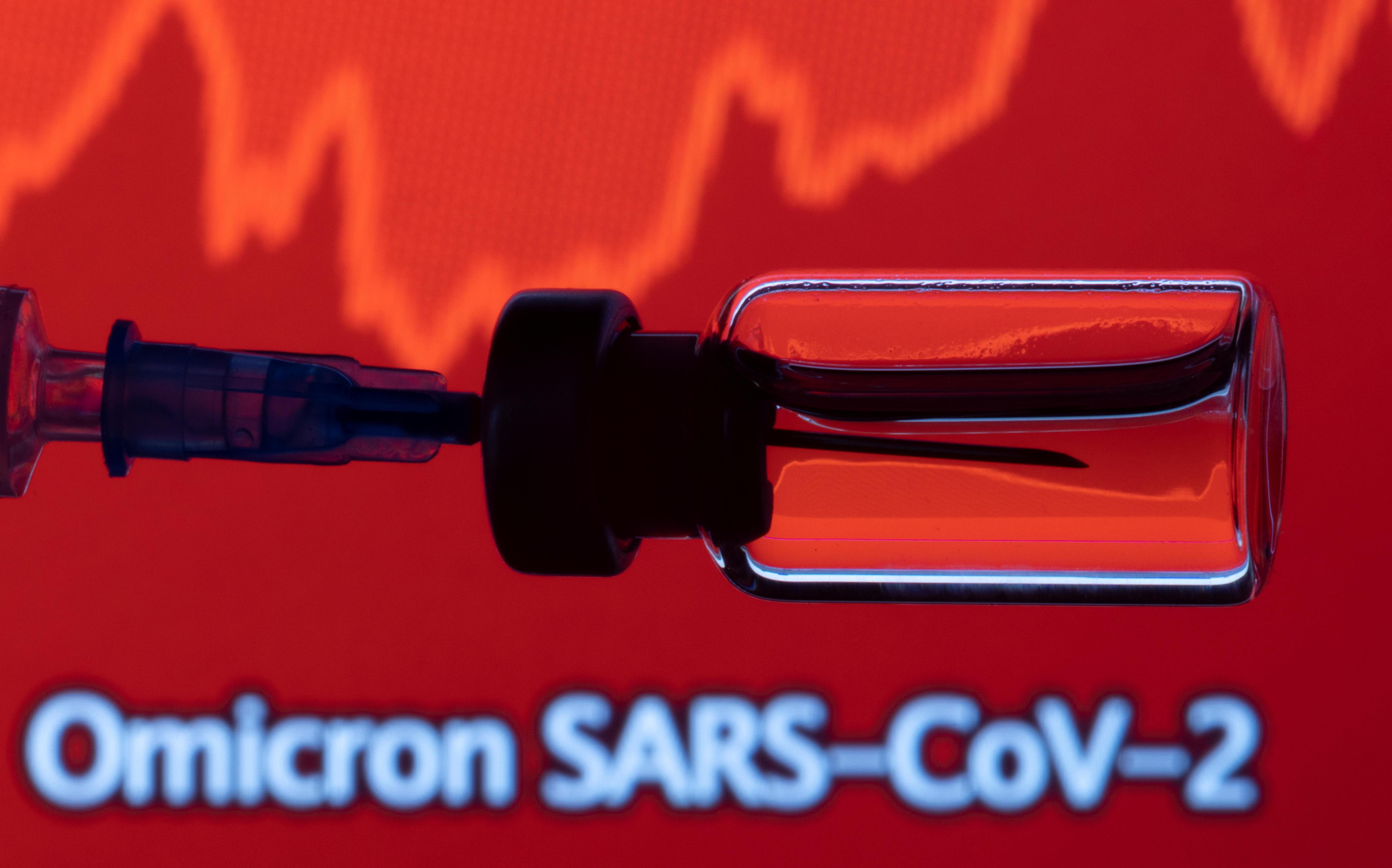What We're Watching: Omicron sparks fear and restrictions, Honduras' elections, Modi plays politics with farmers, EU calls for migrant pact with UK, Kyiv on alert
The omicron wars: Can we really afford to lock down again? In response to the new omicron variant first discovered by South African scientists, many countries have reintroduced pandemic travel restrictions that we thought were long behind us. Israel and Morocco have banned all foreign visitors, while tougher rules on quarantining and travel have also been enforced in the UK,Australia, Singapore and parts of Europe. Meanwhile, travelers from southern African countries have been banned from entering almost everywhere. Scientists say that it is still too early to say how infectious the new variant is, or how resistant it might be to vaccines. This disruption comes just as many economies were starting to reopen after more than 20-months of pandemic closures and chaos. The new restrictions are already triggering a fierce debate: some say that we are now in the endemic stage of the pandemic and that it is both unsustainable – and economically and psychologically harmful – to keep locking down every time a new variant surfaces. Others, like Israel's PM Naftali Bennett, say we are in the throes of a new "state of emergency," and that we can't afford to take any chances. What do you think?
Honduras braces for post election upheavals (again). Leftist opposition candidate Xiomara Castro jumped out to a sizable early lead in Sunday’s Honduran presidential and legislative elections, but her rival is also claiming victory in a vote already marred by fears of violence and several confirmed cyberattacks on voting systems. Castro’s main opponent is businessman and capital city mayor Nasry Asfura, candidate of the ruling center-right National Party. If Castro wins, she would become the Central American country’s first female president, and the first leftist to hold power since her husband, Manuel Zelaya, was ousted in a coup 12 years ago. The stakes are high for Honduras, which has been wracked by gang violence, sky-high murder rates, and poverty for years. Widespread irregularities in the 2017 re-election of current president Juan Orlando Hernandez led to days of deadly violence, and Hernandez himself has since been placed under US investigation for ties to drug traffickers. Outside of Honduras both Mexico and the US will be watching closely — hundreds of thousands of Hondurans have fled instability in their home country in recent years, traversing Mexico to seek opportunity in the USA: after Mexicans, Hondurans are currently the second most common nationality apprehended at the US southern border.
Modi plays politics with farmers. The Indian government's recent climbdown on three agricultural laws was a rare concession from Modi, a popular, strong-willed nationalist who came to power in 2014 and has refused to back down on contentious and oft-criticized policy issues – like decimating India's cash money supply, revoking Kashmir's autonomous status, or amending the country's citizenship laws to effectively exclude Muslims. Now, farmers unions seem to smell blood in the water. While many are indeed thrilled that Modi has done away with the farming reforms, which would no longer have guaranteed minimum prices for crops, giving more power to big business, many see this concession as a shrewd political move. Early next year elections will be held in Uttar Pradesh, India's most populous state and an agricultural stronghold which traditionally backs Modi's Bharatiya Janata Party. But the BJP has lost support there in recent months because of the agricultural laws. Still, Modi hasn't won over farmers just yet: farm unions want the government to write certain "minimum support prices" into law, and to expand the number of crops that are given these government price protections. But a law like that won't be popular with powerful agriculture corporations. Will Modi do it anyway?
EU calls for fresh migrant pact with UK. Just days after 27 migrants died trying to cross the English Channel from France to the UK, officials from four EU states met Sunday to call for a fresh migration policy agreement with the UK. That came after days of overt acrimony between London and Paris: PM Boris Johnson published a letter — on Twitter, no less — that called for joint patrols and faulted the French for the tragedy. Unsurprisingly, France objected to that, and promptly disinvited the British from the Sunday meeting on migration. The EU pledged to step up aerial patrols of the Channel but said that a border framework with the UK is urgently needed. With this much post-Brexit bad blood flowing across the Channel, is that even possible?
A coup in Kyiv? "I have received information that a coup will happen in our country on 1 December." So said Ukraine's President Volodymyr Zelensky during an extraordinary news conference last week. The plot, according to Zelensky, involves one of Ukraine's wealthiest men with the backing of sinister (presumably Russian) forces. The accusation comes at a time of high anxiety in Kyiv as Russia has amassed more than 100,000 troops along Ukraine's borders for reasons that Russia hasn't clearly explained. What's happening here? We've already written that Ukrainian and Western fears of a Russian troop invasion of Ukraine are highly exaggerated. Russia would win any battle fought with Ukrainian forces, but a war and occupation of Ukrainian territory would come with big costs and risks for the Kremlin. But there's also no reason to believe that Ukraine's military or population would tolerate, let alone support, a Russian-backed coup in Kyiv. Tensions are high and likely to run higher, but war and revolution remain highly unlikely outcomes.
